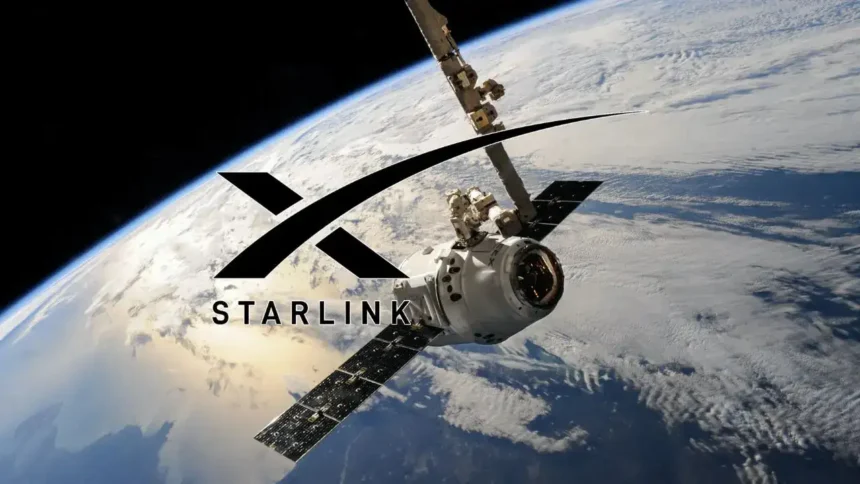NEW DELHI – In a long-awaited move, Elon Musk’s Starlink has secured the license from India’s Department of Telecommunications (DoT) to launch commercial satellite internet services nationwide.
This green light makes Starlink the third company to get approval for satellite-based communications in India, after Eutelsat’s OneWeb and Reliance Jio. The decision follows years of talks and comes after Starlink agreed to meet India’s strict security requirements, which were reportedly discussed directly between Elon Musk and Prime Minister Narendra Modi earlier this year in the United States.
India’s vast and varied geography makes it tough to bring fast, stable internet to many rural and remote areas. Traditional fibre networks and mobile towers have limits in these regions. Starlink’s Low Earth Orbit (LEO) satellite network offers a new option, promising reliable, high-speed internet where many have never had it before.
Getting this approval has not been easy for Starlink. Indian authorities have taken a careful approach with foreign satellite providers, driven by concerns over data security and digital independence. The government had several conditions: data must stay within the country, services need to be controllable during emergencies, and live monitoring of user terminals must be possible.
Starlink Ground Station
Reuters reports that Starlink’s willingness to build ground stations in India and keep all Indian user data stored locally helped secure the license. The agreement also covers lawful interception and a commitment to work with India’s NavIC navigation system, with a full rollout planned by 2029. This shows Starlink’s readiness to meet India’s specific needs and rules.
This approval goes beyond adding another internet provider. Starlink’s arrival is set to shake up the satellite broadband market, which Deloitte expects to reach $1.9 billion by 2030.
While OneWeb and Reliance Jio (which partners with SES and, more recently, Starlink) already operate in this space, Starlink’s large satellite fleet could change the way people access the internet, especially with its promise of more bandwidth and better speeds.
Starlink still faces some big hurdles. Although it now has the DoT licence, it must obtain further approval from India’s space regulator and secure the right to use spectrum, which is a hot topic.
Data Security Concerns
There’s debate over whether this should be assigned directly, as Starlink prefers, or auctioned, as companies like Bharti Airtel and Reliance Jio want. The Telecom Regulatory Authority of India (TRAI) has proposed direct allocation with fixed fees, a move that’s drawn complaints from traditional telecom firms who see it as unfair.
Building the ground infrastructure will take time and more security checks. Starlink must also run tests to prove its service meets all government standards before it can start selling equipment and subscriptions.
The meeting between Elon Musk and Prime Minister Modi in February helped speed up the process. Modi highlighted the need for affordable, accessible internet for everyone, especially in remote areas. Musk explained Starlink’s potential and addressed the Prime Minister’s concerns about data and security.
Many will watch Starlink’s progress in India closely, including observers in Thailand. India’s tough rules and huge population make it a key test market for any global tech company.
If Starlink manages to clear all hurdles and delivers on its promise of fast, reliable internet to every corner of India, it could inspire similar moves to expand satellite internet in Thailand.














